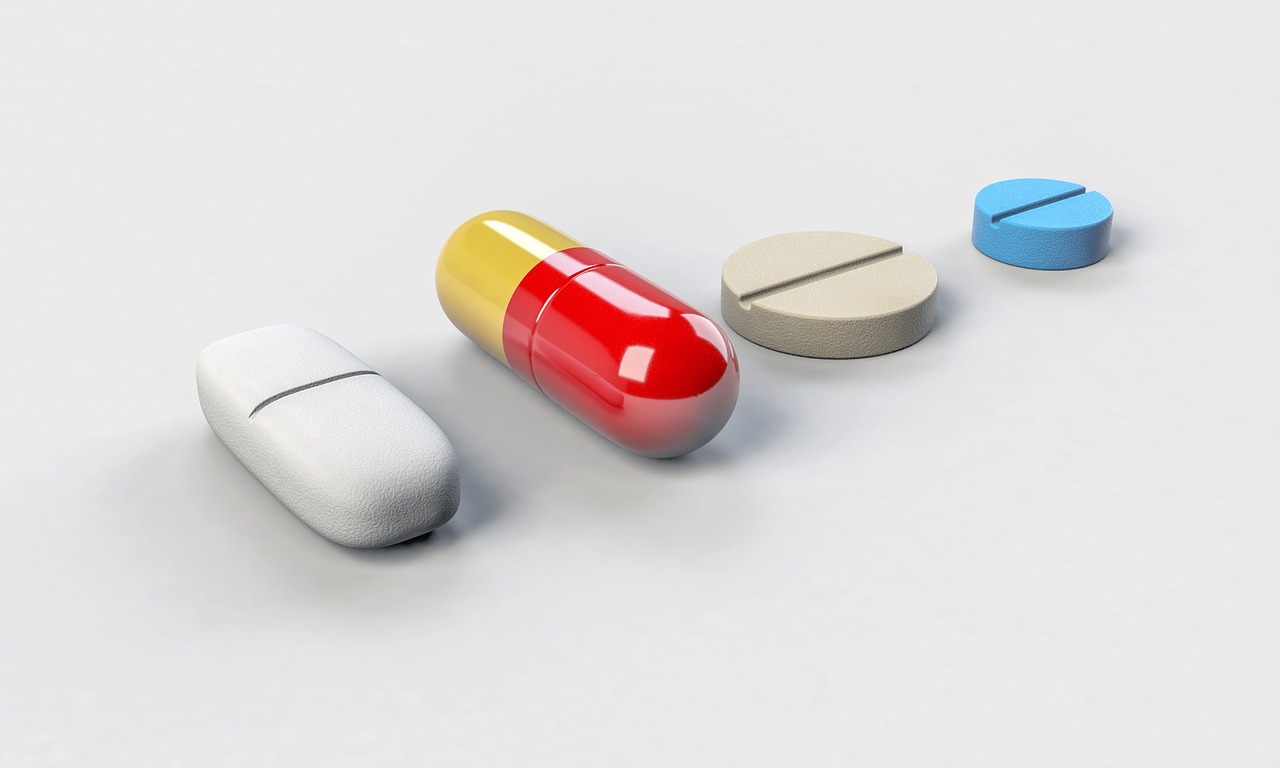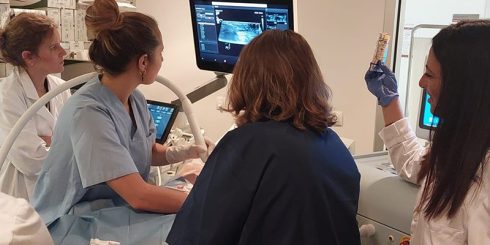It is an understatement to say that suffering from an addiction is challenging. This is because an addiction can drain out your physical and mental energy, your love bank, as well as your finances. Once you recognize the love and concern that your family and friends have for you, it is important to take the necessary steps and search for help. Apart from enrolling in a rehab program, or even staying in a rehab facility, seeking the help of a psychiatrist and a therapist may complement your treatment.

Psychiatrists and therapists definitely have the capability to help people overcome their addiction. However, it is also true that they may not be fully equipped with the proper tools that are present in a rehab facility. The professionals behind www.rehabclinic.org.uk strive to bring the two together, making the expertise of the best psychiatrists and therapists available in their rehab facilities. This ensures that the patients obtain expert advice and support on anything related to their drug or alcohol abuse. Thus, for people who are keen to take the path to be sober, it is recommended to find a treatment program in a facility that incorporates these specialists to ensure a successful recovery.
Addiction Psychiatric Treatment
In treating a person suffering from substance or alcohol abuse, an addiction psychiatrist will first evaluate a patient’s medical history, as well as the history of the substances that the patient has used or is currently using. Along with this, they will also assess the patient’s mental health. After which, an addiction psychiatrist will diagnose the psychiatric diseases and conditions of the patient apart from his addiction, which may include depression and anxiety, bipolar and personality disorders, sleep and eating disorders, as well as dementia. As part of the diagnosis, they may require laboratory and imaging tests, with the results they will interpret after.
With this information on hand, the psychiatrist or therapist will then be able to evaluate the person’s ability to perform basic daily tasks such as eating, dressing, or even get quality sleep. They will also have the ability to provide a comprehensive substance or alcohol treatment therapy, which can include a talk exercise, frequent counselling sessions, as well as a detox treatment. More often than not, they may also prescribe medications to help their patients manage, and assess within a certain time frame whether the medications they prescribed are working, or if these have side effects to their patients. Often times, they work with the other members of the patient’s medical team, which includes the primary care doctors, neurologists, social workers, as well as home health care nurses.
Types of Therapy
There are several instances wherein a patient needs to receive a combination of different types of therapy treatments to ensure a successful recovery program.
-
Cognitive Behavioral Therapy (CBT)
The primary benefit of CBT to patients who undergo this treatment is that they recognize and change their behaviors which are brought about by their addiction. With this therapy program, they learn to cope with risky situations and become equipped with the skills on how to manage them, thus inhibiting a relapse. This approach can very much be paired with other therapy techniques, with the skills learned through this technique proving to be beneficial long after the therapy is through.
-
Contingency Management (CM)
CM is encouraged to reinforce the act of being sober. In this method, material rewards are provided as a motivation for the patient’s desirable behaviors, such as consistently being sober. One of the best benefits brought about by this therapy type is that it greatly reduces dropping out and relapse, which is considered as two of the biggest treatment-related challenges.
-
Motivational Interviewing (MI)
The goal of this treatment therapy is to allow individuals recovering from addiction to embrace their treatment efforts to best change their behavior towards their addiction. Often times, this is facilitated by a therapist, wherein the patients in recovery are encouraged to develop their own motivational plan over the course of a number of sessions. This provides patients with more control over the course of their treatment.
-
Dialectical Behavioral Therapy (DBT)
DBT is an addiction therapy that is concentrated on treating the personality disorders that arise as a result of the addiction. It works mainly to reduce cravings which greatly helps patients avoid situations that may trigger a relapse. In addition to this, a patient will also be able to develop coping skills through this treatment therapy.
-
Rational Emotive Behavior Therapy (REBT)
This therapy treatment is centered on helping patients understand their thoughts and emotions. As a result, they tend to develop better habits and a thinking pattern that is more positive and rational, which will lead to a healthier mental and emotional state. It is emphasized in REBT that logical thinking comes from within a person, and not from external situations.
-
Matrix Model
A matrix model is an integration of various therapy techniques that was initially aimed to address people with a stimulant addiction. With a matrix model, patients are rewarded for their good behaviors. In addition to this, it is stressed through this treatment method that patients must learn to believe in themselves, paving the way for an increased confidence, dignity, and self-worth. The matrix model is mostly focused on relapse prevention, as well as family and group therapies.
-
12-Step Facilitation
This treatment therapy program aims to cater to recovering individuals who are encouraged to promote continued abstinence. This is done by engaging people with 12-step peer support groups, wherein meetings are hosted by several different 12-step fellowships varieties. More often than not, a psychiatrist or a therapist facilitates the sessions.

It is apparent that there are psychiatrists and therapists who specialize in the treatment of people with addiction. How they treat an addict may greatly vary, subject to the needs of the person suffering from addiction. Nevertheless, it goes without saying that they have a key role towards the success of the treatment program of an addict or an individual recovering from a certain form of addiction.











